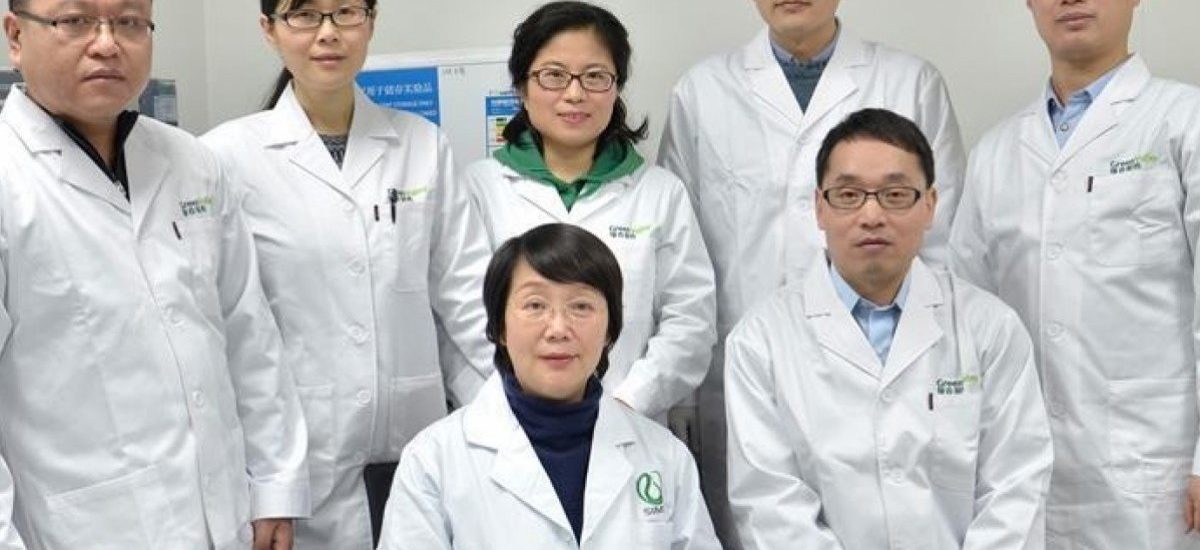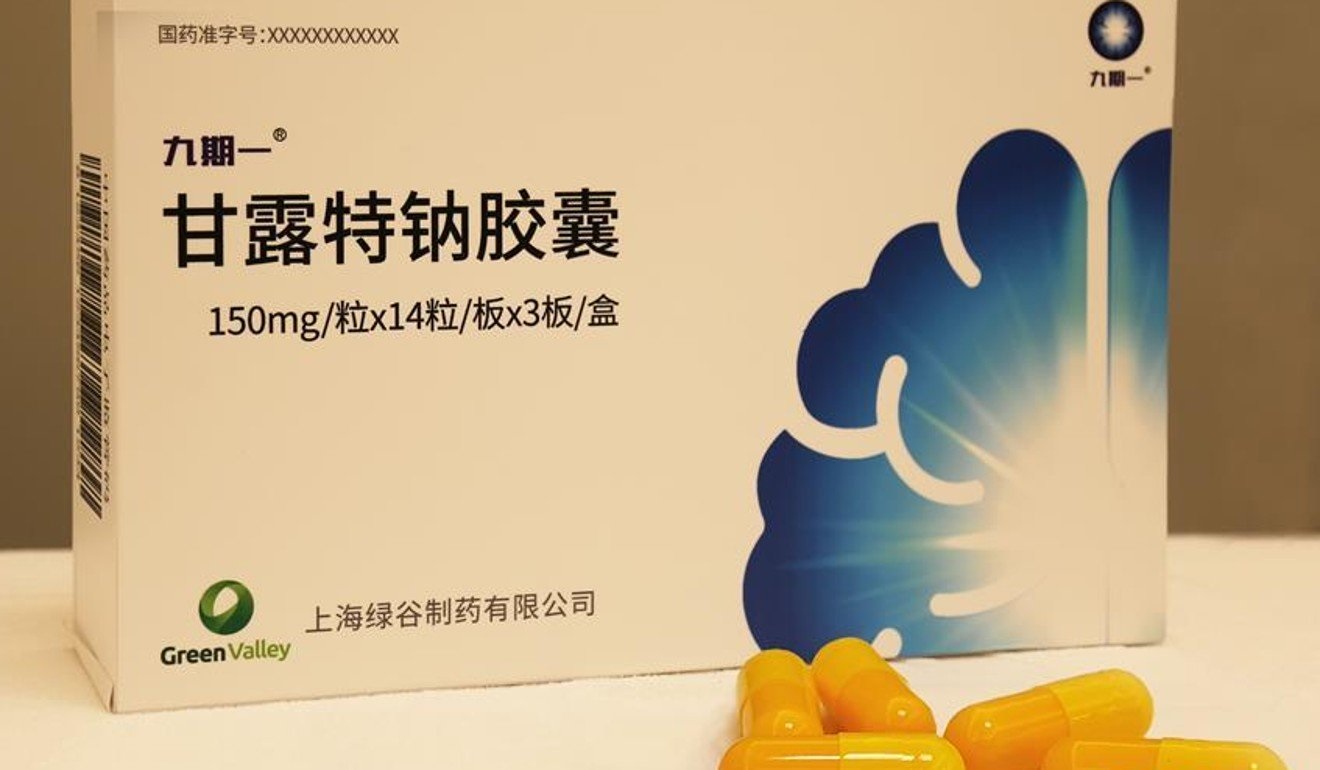China approves Oligomannate, world’s first new Alzheimer’s drug in 20 years and it is based on seaweed

-
Clinical trial shows effectiveness in treating mild to moderate forms of the disease, and it may even improve cognitive function
-
Researchers noticed elderly people who regularly eat seaweed are less likely to develop the condition
By Stephen Chen –
Stephen Chen investigates major research projects in China, a new power house of scientific and technological innovation. He has worked for the Post since 2006. He is an alumnus of Shantou University, the Hong Kong University of Science and Technology, and the Semester at Sea programme which he attended with a full scholarship from the Seawise Foundation.
Published: 6:50pm, 3 Nov, 2019/Updated: 8:50am, 4 Nov, 2019
Geng Meiyu (front row, left) and her research team at the Chinese Academy of Sciences have successfully developed the first world’s medication for Alzheimer’s Disease in nearly 20 years. Photo: Xinhua
The world’s first new drug for the treatment of Alzheimer’s disease in nearly two decades – and perhaps the only treatment with the potential to reverse the condition – was approved by the Chinese government on Saturday night.
The National Medical Products Administration said the drug, Oligomannate, had been approved for the treatment of “mild to moderate Alzheimer’s disease and improving cognitive function”.
Beijing neurologist Dr Song Juexian spoke for many in her profession when she said: “Long in the dark, the Alzheimer’s disease has finally seen a break of dawn from the East.” Song, from Xuanwu Hospital, also cautioned that it was “far from the end of the battle”.
The development of Oligomannate was inspired by the relatively low occurrence of Alzheimer’s among elderly people who regularly consumed seaweed.
The world’s first new drug for the treatment of Alzheimer’s disease in nearly two decades – and perhaps the only treatment with the potential to reverse the condition – was approved by the Chinese government on Saturday night.
The National Medical Products Administration said the drug, Oligomannate, had been approved for the treatment of “mild to moderate Alzheimer’s disease and improving cognitive function”.
Beijing neurologist Dr Song Juexian spoke for many in her profession when she said: “Long in the dark, the Alzheimer’s disease has finally seen a break of dawn from the East.” Song, from Xuanwu Hospital, also cautioned that it was “far from the end of the battle”.
The development of Oligomannate was inspired by the relatively low occurrence of Alzheimer’s among elderly people who regularly
seaweed.

Packaging for Oligomannate, the new medication for the treatment of Alzheimer’s disease, which is expected to be available for patients in China before the end of the year. Photo: Xinhua News
The Chinese research team, led by Dr Geng Meiyu at the Chinese Academy of Sciences’ Shanghai Institute of Materia Medica, started looking into possible connections and, in 1997, identified a unique sugar in seaweed which might play an important role in the phenomenon.
They did not anticipate that developing the idea into an effective drug would take them more than two decades.
